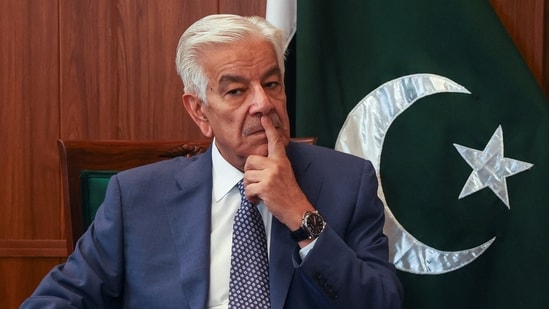Despite predictions of a strong performance, the Congress party has suffered a notable defeat in Haryana, raising concerns for the opposition as it tries to challenge Prime Minister Narendra Modi’s Bharatiya Janata Party (BJP).
 Following a tumultuous period where the BJP lost its parliamentary majority for the first time in ten years, it has now secured a historic third term in Haryana and achieved its best results in Jammu and Kashmir, signaling a major shift in the political landscape.
Following a tumultuous period where the BJP lost its parliamentary majority for the first time in ten years, it has now secured a historic third term in Haryana and achieved its best results in Jammu and Kashmir, signaling a major shift in the political landscape.
The election results from both states highlight a considerable blow to Congress’s ambitions to reclaim power from the BJP, which has dominated Indian politics since 2014. Analysts suggest these outcomes are indicative of challenging times ahead for Congress.
In the parliamentary elections held earlier this year, Congress and its allies in the Indian National Developmental Inclusive Alliance (INDIA) won 234 seats, while the BJP secured 240, forcing Modi’s party to lean on allies for governance. However, in Haryana, Congress faced defeat despite exit polls suggesting a comfortable lead, fueled by dissatisfaction with the BJP government, particularly among farmers and notable athletes.
While Congress managed to make slight gains in vote share, the BJP still emerged victorious with 48 seats—up from 40 in 2019—while Congress increased its tally to 36 from 31. The internal divisions within Congress, particularly between its central leadership and state factions, have been cited as significant factors contributing to this loss.
Political analysts point out that Congress’s reliance on the caste-based politics of former chief minister Bhupinder Singh Hooda may have backfired, as the BJP effectively capitalized on grassroots management of the election.
In a surprising development, Congress has refused to accept the election results in Haryana, alleging manipulation of electronic voting machines, a rare stance for any major political party in India.
Meanwhile, in Jammu and Kashmir, the regional National Conference (NC) won 42 seats, marking a protest against the BJP’s governance and its revocation of the region’s autonomy. Although Congress will be part of the new government through its alliance with the NC, its influence remains minimal, reflecting its weakened position.
These recent electoral outcomes underscore Congress’s struggle to consolidate its momentum and suggest a difficult road ahead as it prepares for upcoming elections in key states. Political observers note that Congress’s inability to effectively challenge the BJP poses serious implications for its future viability in Indian politics.




